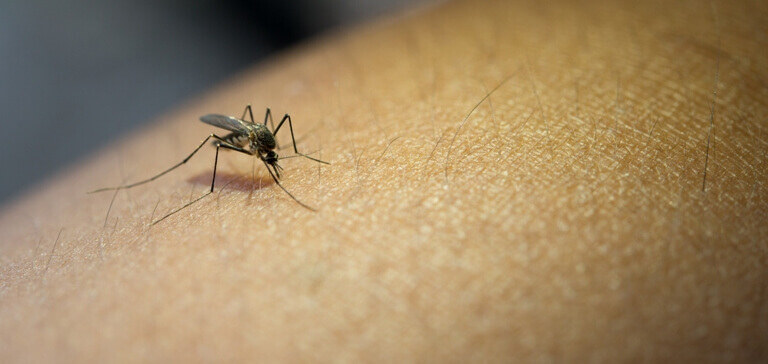
It is a striped mosquito called “Aedes aegypti” that causes Dengue Fever by its biting. It carries the infection from a human who has been infected by the Virus. Though mosquito breeding is rampant during the wet season, they can breed throughout the year in “Water-Filled” areas. Therefore, it is advised to keep the domicile areas free from mosquito and all possible mosquito breeding spots.
The incubation period for the Dengue Virus is Three to 15 days. Within a window period of Eight days also, the symptoms can appear. Generally, the expressed symptoms are:
Dengue Fever is not a contagious disease. It spreads from one person to the other through mosquito bites only.
Therefore, if someone in your family is infected by the Virus, take immediate steps to protect others in the family from mosquito bites.
Mucormycosis is a fungal infection primarily afflicting people with a vulnerable immune system caused by certain illnesses. Mucormycosis needs immediate attention and treatment because it can otherwise cause fatal results. Top healthcare centers like Shalby Hospital offer world-class infrastructure and treatment to...
Infectious diseases are the health disorders that are caused by infection causing organisms that use human body for surviving, reproducing and colonizing. These organisms are known as pathogens. The commonly known pathogens include virus, bacteria, fungi or parasites. Some of the infectious...
Q1. What is Swine Flu or H1N1 and what is influenza virus? Answer: H1N1 flu is also known as swine flu because in the past, the people who caught it had direct contact with pigs. Thant changed several years ago, when a...